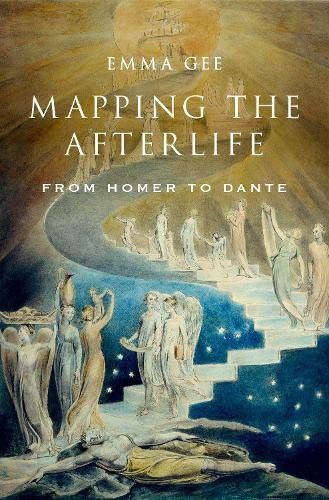
Mapping the Afterlife From Homer to Dante
This book is a tour of Afterlife landscapes from Homer to Dante. It argues that the topography of the Afterlife in Greek and Roman tradition, and in Dante, reflects the state of 'scientific' knowledge at the time of the various contexts in which we find it, and the landscape of the Other World is a way of exploring and assimilating the shape of this world. This book posits that there is a dominant spatial idiom in afterlife landscapes, which I call the 'Journey-Vision paradigm.' By this the author means the presence of two kinds of space in afterlife representations - the horizontal journey of the soul across the afterlife landscape, and a synoptic vision of the universe. This has, in studies of individual texts, often been characterised as an inconsistency or anomaly: many scholars have argued that the Vision of the universe is out of place in the underworld landscape. However, when one looks across the entire tradition, one finds that afterlife landscapes, almost without exception, contain these two kinds of space in one form or another. The function of this double vision of space - the Journey-Vision paradigm - is, the book argues, an attempt to harmonise the underworld, as the landscape of the soul, with the 'scientific' universe, and to understand humanity in terms of the cosmos, and vice versa.